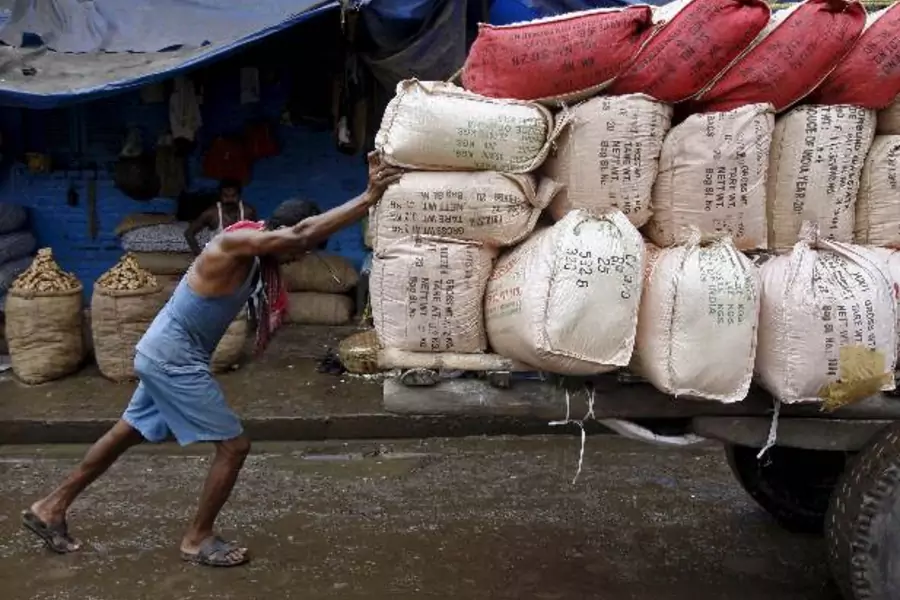This Week in Markets and Democracy: Modi’s Reform Agenda, the WTO, and 2015 UN Development Report

More on:
Modi’s Reforms at Odds
A senior official in Indian Prime Minister Narendra Modi’s Bharatiya Janata Party (BJP) is pushing a corruption probe that threatens to derail his own party’s Goods and Services Tax (GST). A linchpin of Modi’s economic platform, the reform would replace numerous local and state taxes with a single nation-wide tax. The government expects GST to boost government revenue, attract foreign investment, and add up to two percent to GDP. With the corruption case’s targets—opposition Congress Party leaders Sonia and Rahul Gandhi—denouncing the investigation as politically motivated, the fallout will likely halt Modi’s tax reform in India’s opposition-led upper house. As the Gandhi case advances, the GST may not, putting Modi’s ambitious pro-business and anticorruption agendas at odds.
Does the WTO Still Matter?
This week’s failure to advance the Doha Round of trade talks further diminishes the World Trade Organization’s (WTO) clout in setting global trading rules. Stuck for over a decade on issues of market access for poor countries and sharing globalization’s gains more equally, the United States and others have already refocused their energies on bilateral and regional trade agreements (RTAs)—completing nearly two hundred such deals during fourteen years of Doha negotiations, most recently the Trans-Pacific Partnership (TPP). U.S. Trade Representative (USTR) Michael Froman made the shift official this week, publicly calling for WTO members to move beyond Doha. Where the WTO’s strength remains is in trade dispute resolution as businesses and nations still turn to it for arbitration. Last week alone, the WTO ruled in favor of Canada and Mexico against U.S. meat labeling with up to $1 billion in damages, and the United States lodged a formal complaint against China for discriminatory aircraft pricing—reflecting the WTO’s evolution from setting the rules to enforcing them.
New United Nations Development Report
The 2015 Human Development Index (HDI) released this week reflects on the report’s twenty-five year history, with the United Nations Development Program (UNDP) finding that living standards improved for two billion people as dozens of countries climbed the development ladder. Measuring income, life expectancy, and education across 188 countries, Norway leads and Niger lags in the HDI, while Rwanda and China are most improved overall since 1990. Focused on “work for human development,” this year’s report argues for employment’s broader value, offering not only economic but development gains. It also illuminates the still major challenges—the 21 million people in forced labor, 74 million unemployed youth, and the threat to whole categories of workers from technological change.
More on:
 Online Store
Online Store